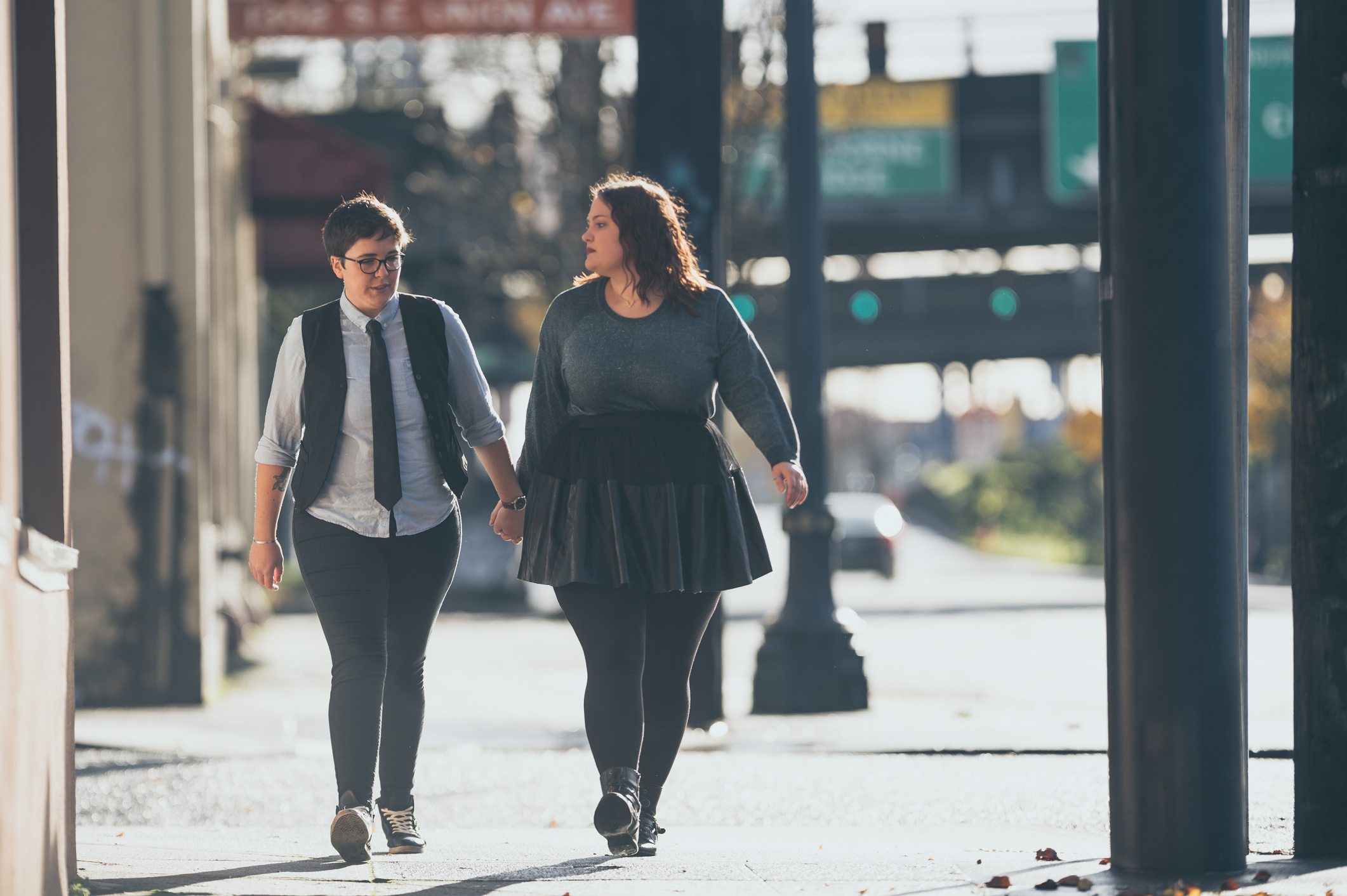Many LGBTQ people from culturally and linguistically diverse backgrounds across western Sydney struggled after the marriage equality postal survey with some facing "a more hostile environment", a new study has found.
The federal government held a postal survey in 2017 to gauge support for legalising same-sex marriage in Australia.
The survey overall returned a 61.6 per cent "yes" vote but 17 electorates in Australia returned a majority "no" result.
Twelve of those 17 electorates were located in Greater Western Sydney.
A collaborative research project - involving NSW LGBTIQ Domestic & Family Violence Interagency, ACON and Western Sydney University - found the debate had varied impacts on LGBTQ people from diverse backgrounds and their relationships with family and faith. The report found around half of the 60 respondents said the disclosure of their identity affected their relationship with family for the worse.
The report found around half of the 60 respondents said the disclosure of their identity affected their relationship with family for the worse.

A lesbian couple are holding hands and walking out in the city together. Source: E+
Some 43 per cent of participants said they experienced family tension or breakdown after disclosing their identities.
The most common experiences were verbal abuse (42.4 per cent), exclusion (36.1 per cent) and family exile (17.3 per cent).
A quarter of survey respondents also reported that they experienced prejudice-related abuse from the broader community during the marriage equality campaign.
"The Marriage Equality postal vote broke the silence regarding sexuality and gender within some families and led to increases in discussion and social media posts about sexuality and gender," the report found.
"For some families, this was a positive and transformative experience, while for other participants, this exposed prejudice and created a more hostile environment."
NSW LGBTIQ Family and Domestic Violence Interagency's Nicole Asquith says the report highlights the need for accessible services that focus on the wellbeing of minority groups.
"This research is a vital step in understanding the lived experiences of (culturally diverse ) sexuality and gender diverse communities living outside of inner-metro areas in Australia," Dr Asquith said in a statement on Friday.
The report recommends legal reform in relation to banning "conversion therapy", a greater acknowledgement of race, class, and gender in policy and legislation, greater inclusion training and support for services, and the creation of support groups for CALD families in Greater Western Sydney.

